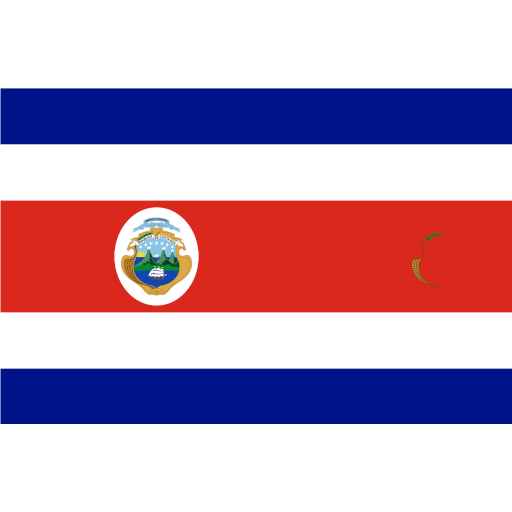On July 14, 2020, the Tax Administration Service [in Spanish: el Servicio de Administración Tributaria] (SAT), issued Advance Version #4 of the 2nd Resolution of Modifications to the Miscellaneous Fiscal Resolution for Tax Year 2020 [in Spanish: RMF 2020], which stipulates a series of provisions whose purpose is to facilitate tax compliance for contributors.
These provisions are directed towards those contributors who: (i) file or have filed a petition with the Tax Administration Service [SAT]; (ii) are obligated to report their financial statements, or; (iii) pay taxes through the digital platforms regime.
Amendments or additions made to the provisions above are detailed below:
Non-working days
For contributors who file or have filed a petition to the return and inspection areas of the Tax Administration Service [SAT], regulation 2.1.6 of the Miscellaneous Fiscal Resolution [RMF], establishes that taxpayers will consider as non-working days, in addition to those indicated in Article 12 of the Federal Tax Code [in Spanish: el Código Fiscal de la Federación] (CFF), those that are included in the period covering July 20 to 31, 2020.
Filing of 2019 tax opinion
Article 32-A of the Federal Tax Code establishes that contributors who have opted for reporting their financial statements, or who have filed the corresponding notice, must submit the opinion of the financial statements made by a registered public accountant, no later than July 15 of the year immediately following the end of the tax year in question.
However, regulation 2.13.2 of the Miscellaneous Fiscal Resolution [RMF] establishes that contributors may file the opinion on their financial statements by August 31, 2020, at the latest.
Moreover, in the case of opinions in which tax differences to be paid are to be determined, the concession will be applicable provided that they are covered by July 15, 2020, at the latest.
Additionally, this must be shown in the Annex “Statement of Taxes Payable.” In the event of non-compliance, the concession established in regulation 2.13.2 of the Miscellaneous Fiscal Resolution [RMF] will be deemed as not being utilized, and the filed opinion will be considered late, for the purposes of the provisions of 52-A, fifth paragraph, subsection k) of the Federal Tax Code [CFF].
In addition to those as mentioned above, the taxpayer would be subject to a fine ranging from MXN 13,490.00 to MXN 134,840.00
Digital Platforms
If contributors that provide services through digital platforms are residents abroad without a permanent establishment (PE) in Mexico, they can make tax payments through credit institutions authorized as auxiliaries of the Federal Treasury, per what is established in Article 20 of the Federal Tax Code [CFF].
However, regulation 12.1.7 of the 2020 Miscellaneous Fiscal Resolution, [RMF 2020], establishes that the taxpayers mentioned in the previous paragraph may choose to pay their taxes from abroad, provided that they comply with the requirements that are listed below:
1. Perform, (for one-time-only), the procedure determined in the information sheet 13/PLT “Notice for paying taxes abroad, for the provision of digital services in Mexico,” contained in Annex 1-A of the Miscellaneous Fiscal Resolution [RMF] for the 2020 fiscal year.
2. Generate the capture line on Tax Administration Service [SAT] portal, and make the payment as indicated in Provision 52 of the General Provisions on Treasury Functions and Technical and Operating Specifications [in Spanish: Disposiciones Generales en Materia de Funciones de Tesorería y las Especificaciones Técnicas y Operativas].
On the other hand, regulation 12.2.8 of the Miscellaneous Fiscal Resolution [RMF] for the 2020 tax year clarifies that contributors who provide intermediation services through digital platforms to natural persons and that are obligated to withhold Income Tax [in Spanish: ISR], according to what is established in Article 113-C of the Income Tax Law [in Spanish: la Ley del Impuesto Sobre la Renta] (LISR), shall consider the following as the basis for calculating the withholding:
1. Income effectively received by individuals through digital platforms, and
2. Income that the same digital platform pays to natural persons, without considering that which is earned directly from the buyers of the goods or services obtained through the intermediation of technological platforms, software applications, and the like.
Recommendations
If you have any doubts regarding the foregoing, JADR offers you their extensive experience to support you in matters related to compliance procedures and fiscal obligations that are presented in Advance Version #4 of the 2nd Resolution of Modifications to the Miscellaneous Fiscal Resolution for Tax Year 2020, so that you may correctly fulfill your tax obligations.























